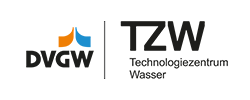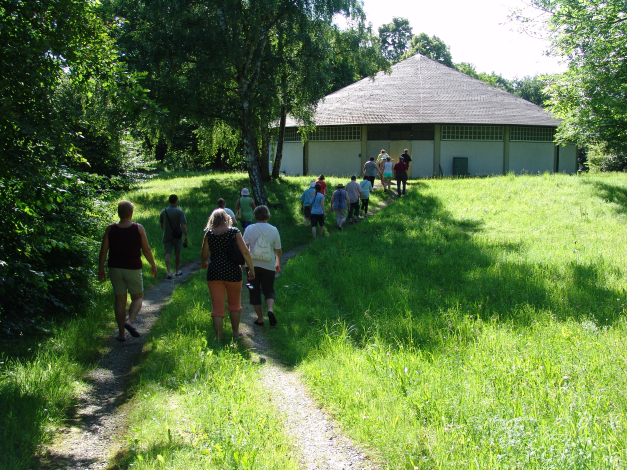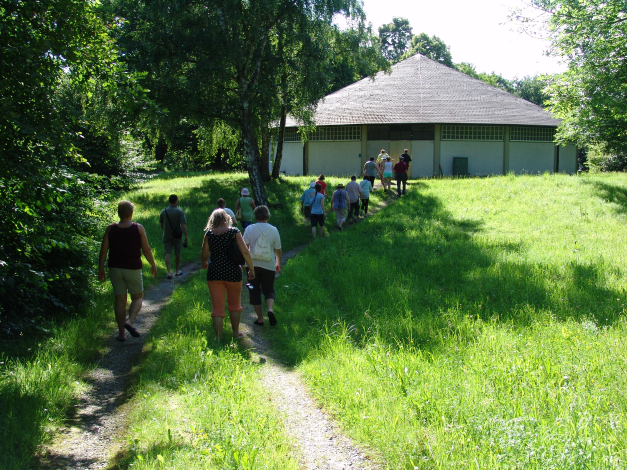When microbial contamination with boil-off bans and "emergency chlorination" or chemical contamination of drinking water occurs, adequate crisis communication by the water utility is required.
Experience has shown that risk communication that reaches the addressees can only succeed if the water supplier has been able to establish a relationship of trust with the drinking water consumers and opinion leaders in the supply area in "normal times". In the PriMaT project, in cooperation with water suppliers and health authorities as well as with the DVGW Technology Center in Karlsruhe, it was investigated how both can succeed: Risk communication in "normal times" and crisis communication if an accident or contamination should occur. Preparation for adequate crisis communication includes, for example, practicing good and low-conflict cooperation with the responsible health authority. Numerous examples have been included in the guide where communication was successful - but also examples where communication went completely off the rails. This is the first and so far only guide specifically dedicated to risk and crisis communication in drinking water supply.






